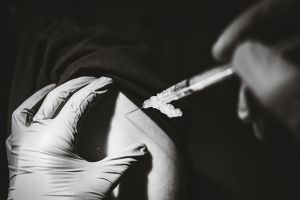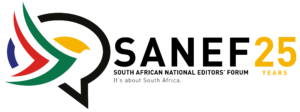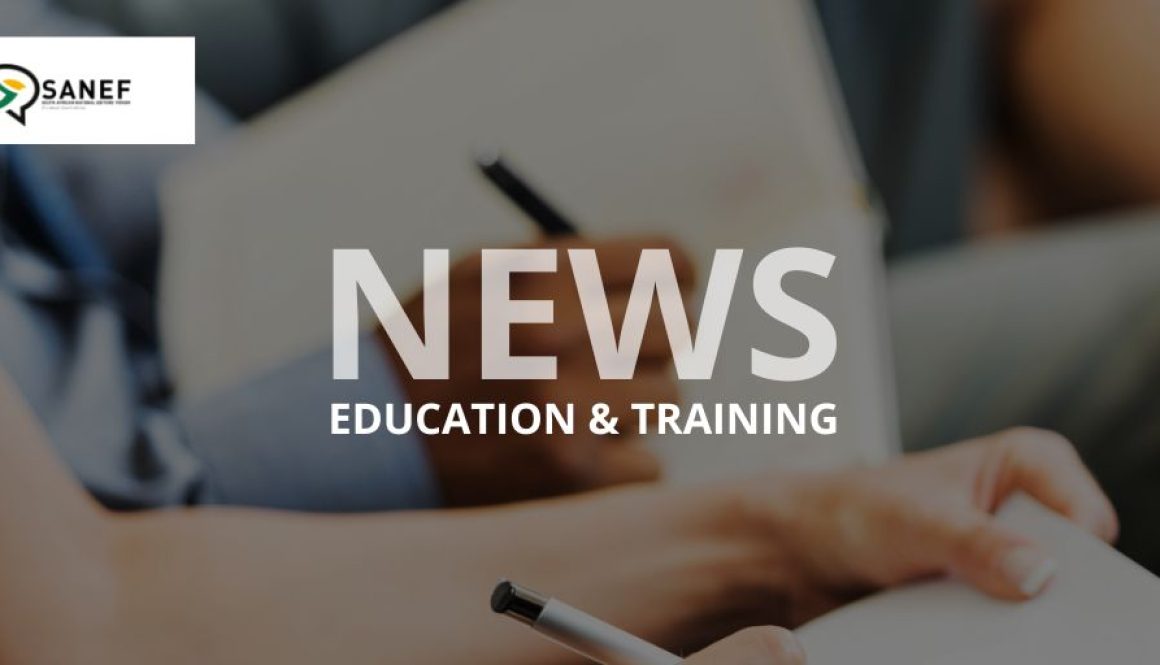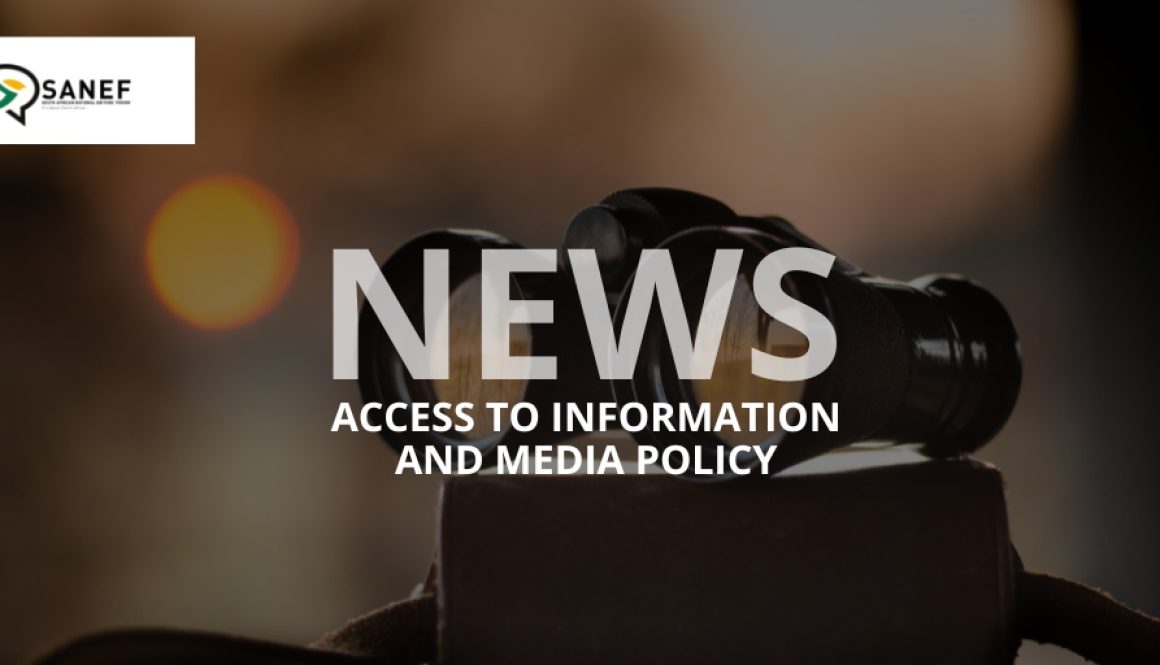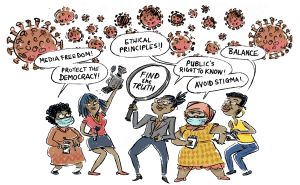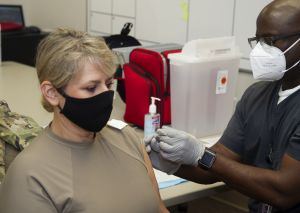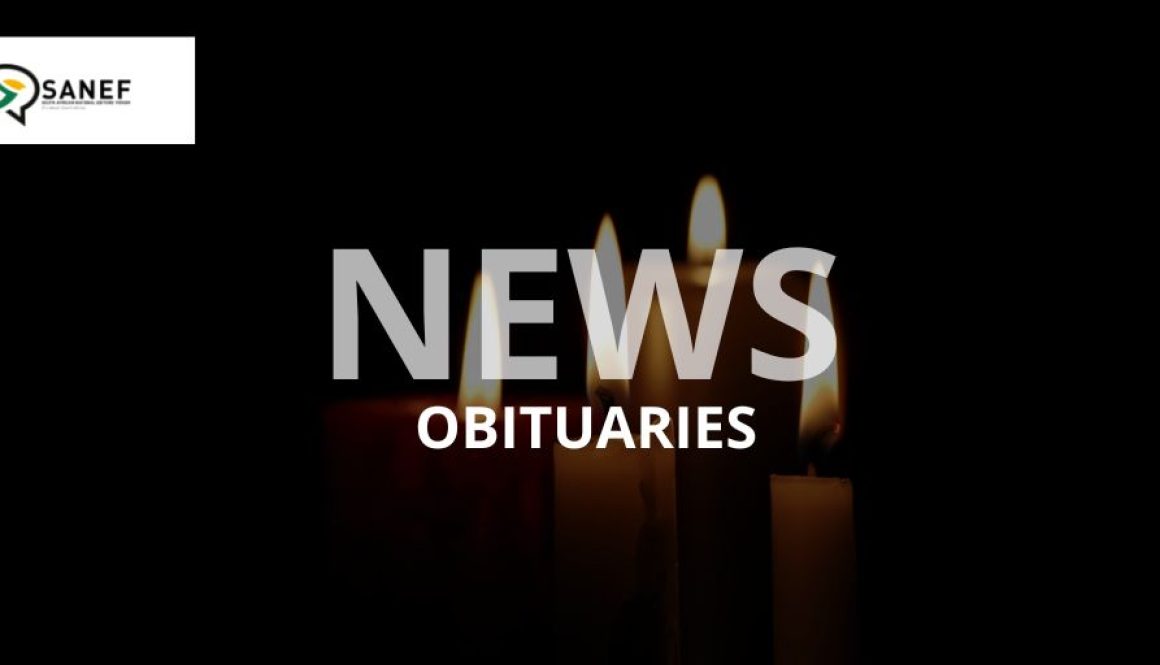
Covid-19 continues to wreak havoc across the media industry, with most media houses seeing financial losses, resulting in job losses, but pandemic has also claimed the lives of many journalists around the world. In response to this deadly virus, the South African National Editors’ Forum (SANEF) has developed a guide, Reporting in a Pandemic, which includes Covid-19 and related strains.
In South Africa, by the end of last month, close to twenty journalists had passed away due to Covid-19 since the outbreak early last year.
By the end of last month, close to five hundred media workers had died in India due to Covid-19 related complications. Most of those that passed away contracted the virus while they were out in the field, doing their work as journalists.
The Press Emblem Campaign, a media group based in Switzerland, recently reported that more than two hundred media workers died in Brazil between March 2020 and the end of last month.
The Reporting in a Pandemic guide, produced collaboratively by SANEF in close partnership with Fray College and Internews, draws on experiences of many journalists infected and affected by the pandemic. The guide is curated to ensure that the media records the challenges and lessons learnt about the pandemic, for current and future referencing and prevention.
The public needs accurate reporting of the pandemic to bring home the continued need for responsible behaviour. The project noted that adherence to social distancing and other preventative measures is decreasing as citizens consider the threat to be waning, even as the third wave of infections hit provinces such as Gauteng, Western Cape, and KwaZulu-Natal.
Sbu Ngalwa, SANEF’s Chairperson, said: “The document on guidelines for reporting the pandemics is released today just as the country is in the grip of a “third wave” of infections. While the government’s vaccination programme has received mixed reactions and, at times, criticised for being slow, SANEF believes the media needs to cover the process in a fair, accurate and balanced manner tackling disinformation, misinformation and myths surrounding the pandemic and the vaccines.
“As journalists, we should not lose sight of the fact that we are dealing with a deadly virus, and we should never drop our guards. We must always be conscious of the potential danger of contracting the virus in the field,” Mr Ngalwa said.
In a televised address to the nation on Sunday 12, July 2021, President Cyril Ramaphosa expressed concerns on rising recorded daily infections that were reaching levels last seen in a second wave in January 2021.
“Additional restrictions are necessary… Our focus is on limiting social contacts while preserving the economy,” President Ramaphosa said.
SANEF started the project after noting that some internationally produced safety toolkits on handling the pandemic have not dealt directly and in-depth with the unique challenges of reporting in a South African context. The project reflects home-grown knowledge on how to report safely in the African context and taking into consideration the socio-economic dynamics of the country.
Accordingly, SANEF undertook a consultative process involving community and science journalists to develop a guide for reporting on this pandemic in line with the needs of South African reporters and society at large. As a result, the guide is aligned with scientific understanding and the needs of media practitioners. It was written by a team of credible and experienced writers and signed off by the SANEF’s Education and Training committee which has experienced editors and academics.
SANEF and its partners believe that the guide gives the media practitioners the needed technical know-how and understanding to accurately convey information about the pandemic.
We also believe that the guidelines will ensure that the newsrooms do not lose focus, maintain standards and the momentum for public adherence to COVID-19 protocols.
The link can be accessed here:
The Webinar Recording can be downloaded here:
Note to Editors: The South African National Editors’ Forum (SANEF) is a non-profit organisation whose members are editors, senior journalists, and journalism trainers from all areas of the South African media. We are committed to championing South Africa’s hard-won freedom of expression and promoting quality, ethics, and diversity in the South African media. We promote excellence in journalism through fighting for media freedom, writing policy submissions, research and education and training programmes. SANEF is not a union.
For more information please contact:
- Sbu Ngalwa – SANEF Chairperson (073) 404-1415
- Adriaan Basson – SANEF Deputy Chairperson (082) 562-2113
- Mahlatse Mahlase – Secretary General (083) 399-2852
- Nwabisa Makunga – Treasurer (082) 555-1972
- Mary Papayya – SANEF Media Freedom Chair (082) 379-4957
- Asanda Ngoasheng – Western Cape Convenor – 082 610 9374
- Judy Sandison – SANEF KZN Convenor (082) 571-3334
- Katy Katopodis – SANEF Gauteng Convenor (082) 805-7022
- Chiara Carter – SANEF Eastern Cape Convenor (082) 659-9162
- Reggy Moalusi – SANEF Executive Director – (071) 682-3695
